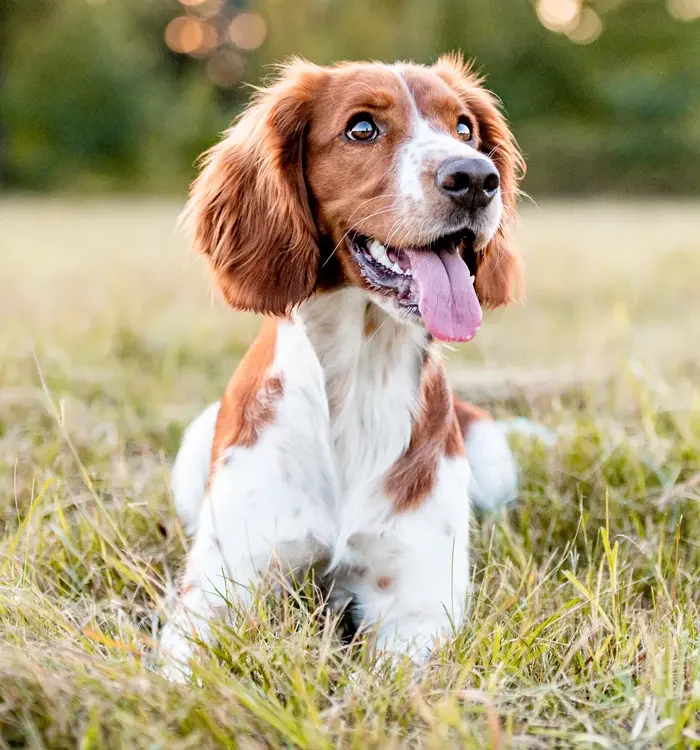This routine procedure can also help with behavioural issues in both dogs and cats, such as spraying and roaming.
At Nova Vets, we recommend neutering for pets not intended for breeding. Whether you choose traditional surgery or our new keyhole (laparoscopic) service, we’ll personalise the approach to suit your pet’s breed, age, and unique lifestyle.










